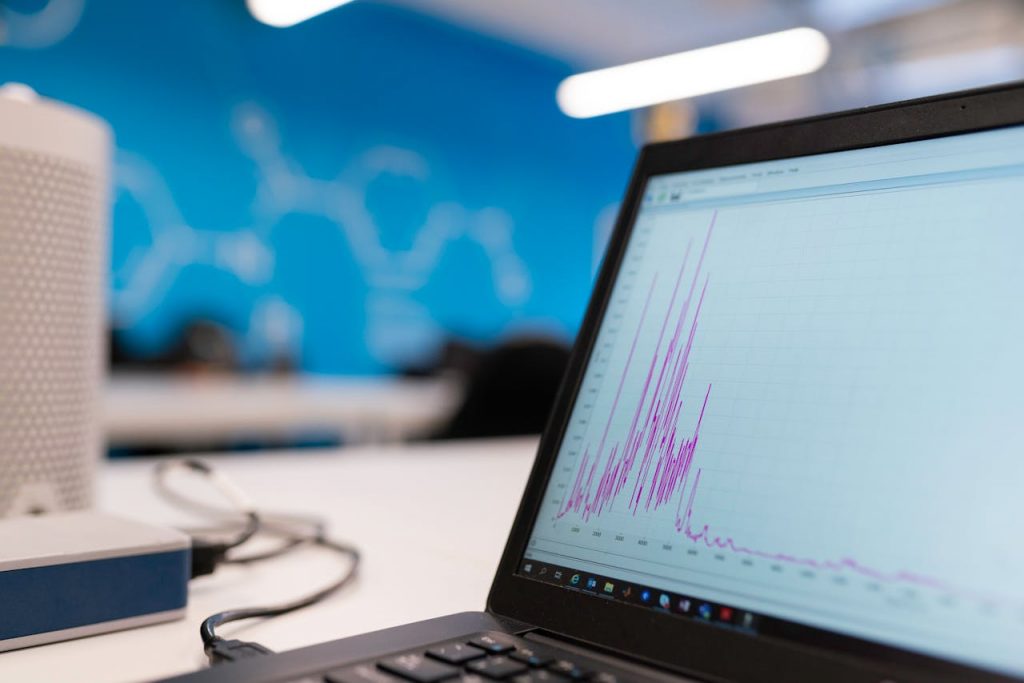In the last couple of decades, businesses across the globe have turned to performance-driven, intelligent software applications to ensure competitiveness by managing workloads. While there are a plethora of options available, business intelligence software and business analytics applications are unarguably the most popular and widely recommended database management solutions.
While both these software applications seem to offer similar functionality, they are different and serve absolutely different purposes with their expert features. So, let’s first understand what these tools are and what they are meant for.
What is Business Intelligence?
Business Intelligence is the process of gathering, storing, and analyzing business-critical data to gain useful insights. The tool provides comprehensive, real-time business metrics to support and enhance better decision making.
You can analyze performance across all business domains, set performance benchmarks, identify market trends, and improve all the aspects of the business by implementing growth strategies. Business Intelligence delivers helpful insights into the past and current state of the business.
What is Business Analytics?
Business Analytics (BA) uses statistical technologies and methods that help analyze historical data for gaining new insights for better decision making. It is a business intelligence subset that uses predictive analytics, data mining, and statistical analysis to analyze and transform business-critical data into useful information that is more readable. It helps to anticipate trends and to make better, smarter, data-driven decisions.
What is the Difference Between Business Intelligence & Business Analytics?
Though these processes leverage data to improve business operations and outcomes, certain attributes differentiate them from each other.
Business Intelligence Emphasizes on Descriptive Analysis
Business Intelligence undoubtedly supports descriptive analytics to display a clear vision of historical and present data statistics to understand what has happened in the past and what is currently happening. The main intent is to answer “What happened?” and “How it can be changed?” so that the decision-makers can effectively employ practices that have worked in the past while dumping those that haven’t.
For example, Business Intelligence tells you that the sales of ‘silver pearl bracelet’ at a jewelry store in Manhattan have grown up by 50%. As a result, you can decide to manufacture that ‘silver pearl bracelet’ in more quantities to keep up with demand.
Business Analytics Emphasizes on Predictive Analytics
Business Analytics prefer predictive analytics that implements machine learning, data mining, data modeling practices to predict the likelihood of future outcomes. The main focus of business analytics is to answer the question, “Why is this happening?” to create more educated and 100% correct predictions about the outcome. You can anticipate python web developments and can align the strategies to achieve success.
For example, Business Analytics tells you why the sales of a ‘silver pearl bracelet’ spiked at a store in Manhattan. By comprehensive data mining, you get to know that most customers came after reading a review about ‘silver pearl bracelet’ by a fashion blogger. After that, you can decide to send complimentary bracelets to other fashion bloggers in the US to boost sales in other regions.
Identify Your Business Intelligence & Business Analytics Needs
With digital innovations rising rapidly, businesses realize that data and content must not be considered separate, as both these aspects are critical for information management. While being precisely similar, little research makes business intelligence and business analytics, two different aspects.
Scale Up Your Business Needs
Over the past years, business intelligence service vendors were focused on serving enterprises only. However, a paradigm shift can be seen in the vendor’s behavior as they move on to service small and mid-size companies too.
Self-service business intelligence (SSBI) could be the reason responsible for this shift. The approach enables mid and small business entities to Work with corporate data even if they lack a sound background in data science or analytics. With a user-friendly and no-coding user interface, even non-IT professionals can use SSBI efficiently.
Choosing with Business Intention
To identify which business solutions are best for your business, you would require analyzing your business intent.
Companies that need extensive data and intuitive reporting can consider business intelligence software. BI tools possess the capabilities of targeting the organization’s weak areas while delivering actionable insights to solve these problems. Business Intelligence software apps help managers who want to understand their organization’s data, workflow, employees, and productivity for making smarter decisions.
Business Intelligence can be the option if you want to:
- Improve business operations
- Increase operational efficiency
- Meet organizational objectives
On the other side, if your business is a newbie, and you are in the process of aligning it to the current market requirements, business analytics software deserves your consideration. Since BA uses the combination of historical data, current statistics, and projected trends, it helps to build up robust strategies that will take your business where you want it to go – towards success.
Business Analytics can be the right solutions for your organization if you intend to:
- change the entire business model
- modify your current business processes
- need insights into business data for improvement
Develop A Clear Business Strategy
Before selecting the right business tool, it’s mandatory that you ask yourself a few questions.
- What do you want to achieve?
- Who will be using the system?
- Who are your key stakeholders?
- What are the key benefits of business analytics implementation?
- What departments will need business intelligence? Where will it take your business?
Final Thoughts
If you are seriously looking for your business data management, deciding over which one is better for your business among BI and BA is not just enough. In the real world, business needs descriptive analysis and predictive analysis to achieve success; so, they need both – Business Intelligence and Business Analytics tools.
Like this:
Like Loading...













 Technology and Agriculture: How Mobile Apps Have Made Them Meet
Technology and Agriculture: How Mobile Apps Have Made Them Meet